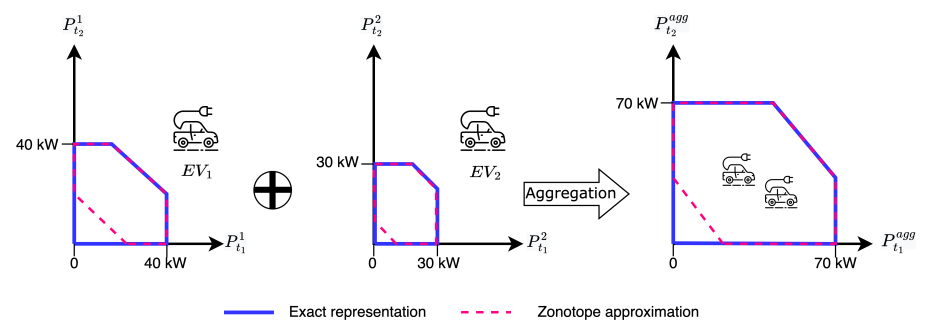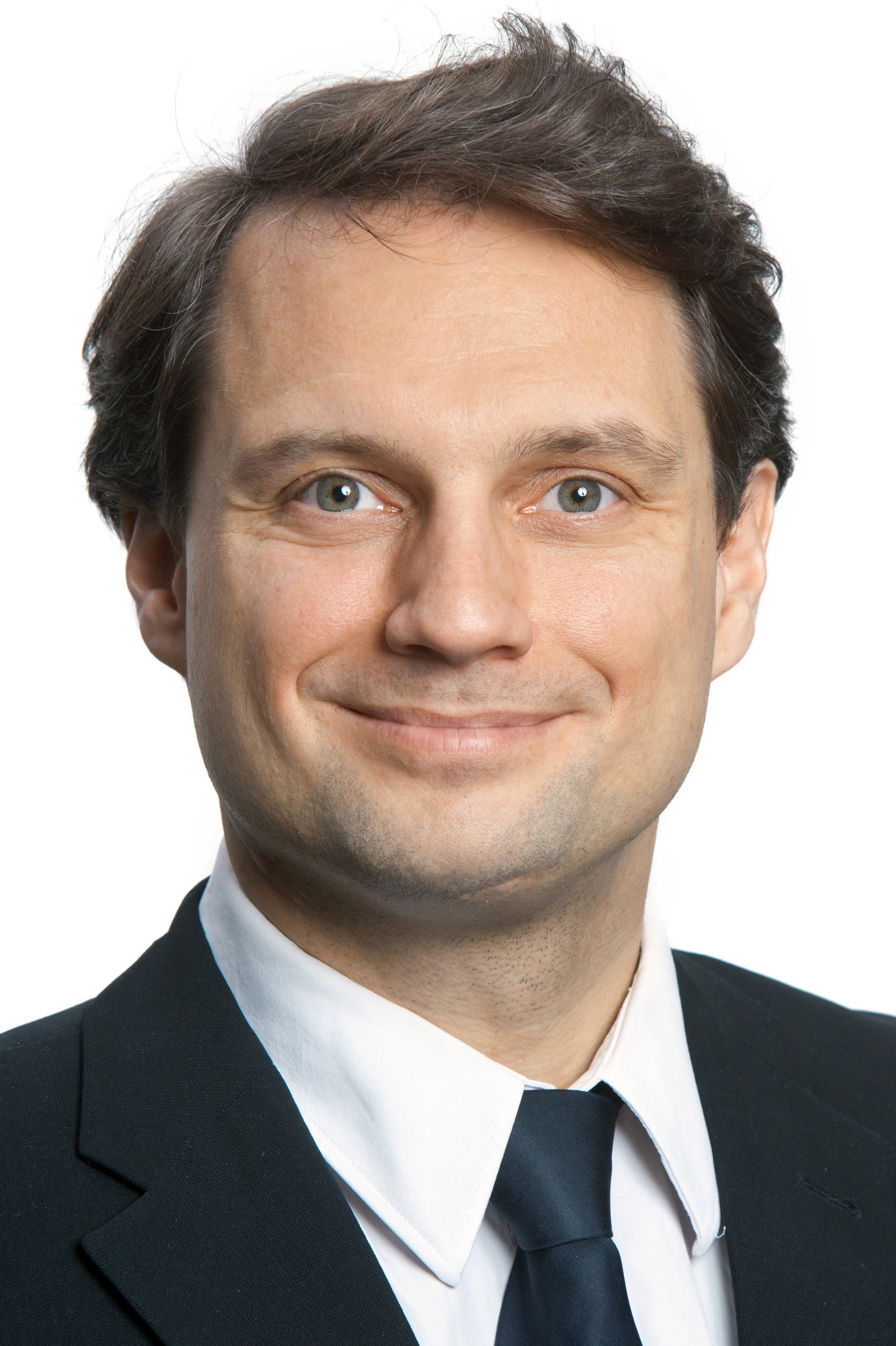ROBUST
Project Description

The advent of Electric Vehicles (EVs) is set to revolutionize sustainable transportation, yet the strain that EVs will place on already overburdened power networks is a cause for concern. However, by utilizing cutting-edge Information and Communication Technology (ICT) infrastructure, data-driven techniques, and modern power electronics, the flexibility of EVs can be harnessed to prevent their influx from becoming a bane instead of a boon. As part of my doctoral research project, I intend to investigate the following research questions:
• How can we accurately quantify and aggregate the flexibility of EVs to address various grid problems?
• What representation is most efficient for individual and aggregated EV flexibility, aiding the delivery of reliable market products for the electricity grid?
• How can we tackle the challenge of uncertainty when quantifying and aggregating EV flexibility?
The constantly changing nature of EVs poses the greatest challenge when attempting to harness them for storage flexibility. Additionally, the small capacities of EV batteries can only have a positive impact on the grid when aggregated and well-coordinated with other EVs. These challenges are further compounded by the uncertainty introduced by user-dependency in EV charging, making modeling a difficult task. Unfortunately, current literature lacks a generalized definition and framework to represent EV flexibility for distribution. During my doctoral research, I plan to discover effective ways of quantifying and representing EV flexibility, ultimately integrating them into the energy systems of future cities.
Intended deliverables
Efficient methodology to quantify and aggregate flexibility of Evs.
Project Team:

PhD Researcher:
N. K. (Nanda) Panda

Supervisor:
Prof.dr. P. (Peter) Palensky

Supervisor:
Dr. S. (Simon) Tindemans

N. K. (Nanda) Panda
Nanda Kishor is a doctoral candidate at the IEPG group since September 2021. He holds a master's degree in electrical engineering from Eindhoven University of Technology, completed in 2021 with honors (cum laude). He was awarded the prestigious fully funded ALSP scholarship for his master's program. Prior to his master's, Nanda completed his bachelor's degree in Electrical and Electronics Engineering from Vellore Institute of Technology, India. During his master's thesis, he collaborated with DNV under their innovation project framework to design power electronics-based DC substations, upgrading the Netherlands' 1.5 kV traction network into a 3 kV bidirectional traction network. Nanda's research interests encompass power system optimization, analysis and control, smart grids, and demand-side management for distributed renewable energy sources, with a current focus on quantifying flexibility in the distribution grid with a special emphasis on EV charging infrastructure.